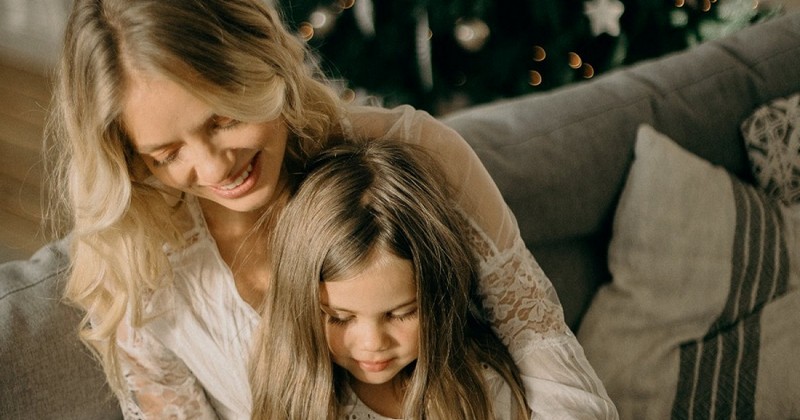Mom... Do you believe in the Three Wise Men?

A reflection on the implications of reinforcing the belief in the Three Wise Men in children.
Patricia was preparing dinner and had just put in the oven a homemade roscón that she had learned to make last Christmas, a recipe that her sister had passed on to her and that originally came from her maternal grandmother, whose skills as a baker were highly appreciated in her family.
Meanwhile, her 4-year-old son, Martin, was watching the Three Kings' parade on TV; they usually attended live every year, but that night it was raining and windy, so they had decided to stay home.
Martin turned to his mother and asked, "Mommy, do you believe in the Three Wise Men?". She was a little slow to answer, not because she wasn't clear about it, but because she was lost in thought. In previous years she had felt a bittersweet feeling accompanied by a strange pang as she watched her son's face as he watched King Balthazar, her favorite, parading in his float.
This year, however, that was no longer the case. She had attended several sessions of family therapy; there, guided by the therapist and with the involvement of her family, she had gone through a process of self-knowledge that had allowed her to understand the reason for these feelings: when she was little, Christmas was celebrated at home with great joy by her mother, however, her father did not understand the reason for decorating the house and giving gifts, for him it was all a farce and he only saw materialism in those dates.
Patricia remembered a scene at home when she was a little girl, while listening to a news item about the Three Wise Men: she heard her father, an unloving and somewhat demanding man, comment in a low voice that I didn't understand how they could deceive the children like that when it was clear that they were just men in disguise.
This skeptical attitude on her father's part clashed with Patricia's illusion and desire to believe and, although in the face of the gallery until last year she had always shown her best smile, inside the Christmas spirit had not fully penetrated her. In other words, Patricia, from an early age, had unconsciously learned that to remain loyal to her father and be close to him she had to look like him, which meant not believing in the magic of the Holidays.
Should we transmit to children the existence of the Magi?
The world of the children is different from that of the adults.Children have the ability to see life through the prism of magic and illusion, and sometimes, at certain ages, they can even confuse reality and fiction.
However, as we grow up society makes it its business to make us see clearly the difference between fantasy and reality.. This is a necessary maturation process, but it is one thing to grow up and quite another to lose the ability to dream. Many adults no longer spend time playing, someone once said: "we don't stop playing because we get old, we get old because we stop playing".
Parents keep the tradition of gifts every Christmas and pass it on to the following generations. Could it be that we are deceiving children when we talk to them about the existence of beings that are not really part of reality? Are we betraying their trust in us as parents? How will they cope in the future with the disappointment offered by the harsh reality? Will they feel let down or even cheated by their parents, the most important people in their lives?
Advocates and detractors.
There are those who defend the idea that it is counterproductive to create this false belief in them, given that sooner or later they will have to land in reality, so they consider that it does not make sense to delay it. However, if we clip their wings from an early age, how do we expect them to become adults? How do we expect them to become hopeful adults? What kind of adults do we expect them to be?
Any of us who go back to our childhood will remember in most cases the excitement that was awakened when the Christmas season approached and yes, probably when discovering who the real Three Wise Men were, we felt a little disappointed.
Personally, I feel grateful to my parents and the adults who with that good intention contributed to me to keep the illusion every year, those nerves that ran through me the night before, that exciting feeling of going to sleep and waking up with the joy of finding some surprises in the of finding some surprises in the living room...
Many pedagogues consider it beneficial for children to maintain this tradition, because they are at a stage where magic and illusion help them to develop their creativity and abilities, to believe in their dreams, to trust, so that when they look back as adults, this magical feeling will inspire them to let life surprise them.
(Updated at Apr 13 / 2024)